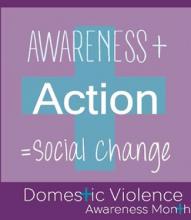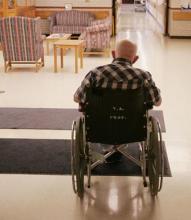We believe that transformation is possible, that prevention is possible. When we combine awareness and action, change can occur and we will end domestic violence and other forms of gender-based violence.
VAWnet News Blog
As the new school year gets underway, Gov. Tom Wolf and a group of bipartisan lawmakers are looking to build on their 'It's on Us PA' campaign efforts begun last year aimed at ending sexual assaults in public schools and college campuses.
"The traditional mainstream effort of providing resources and information to the community is usually referred to as outreach. What I did, and what everyone who works with diverse communities does, is better called reaching out."
The report, Falling Through the Cracks: How Laws Allow Child Marriage to Happen in Today’s America, is the first comprehensive analysis of provisions in all 50 states and Washington, DC that leave children more vulnerable to forced marriage and the harms of early marriage.
More than one-quarter of serious cases of nursing home abuse are not reported to the police, according to an alert released Monday morning by the Office of Inspector General in the Department of Health and Human Services.
A group of girls from Yirara College spent four days at a cultural and leadership camp learning about connection to country, language, and developing resilience.



















